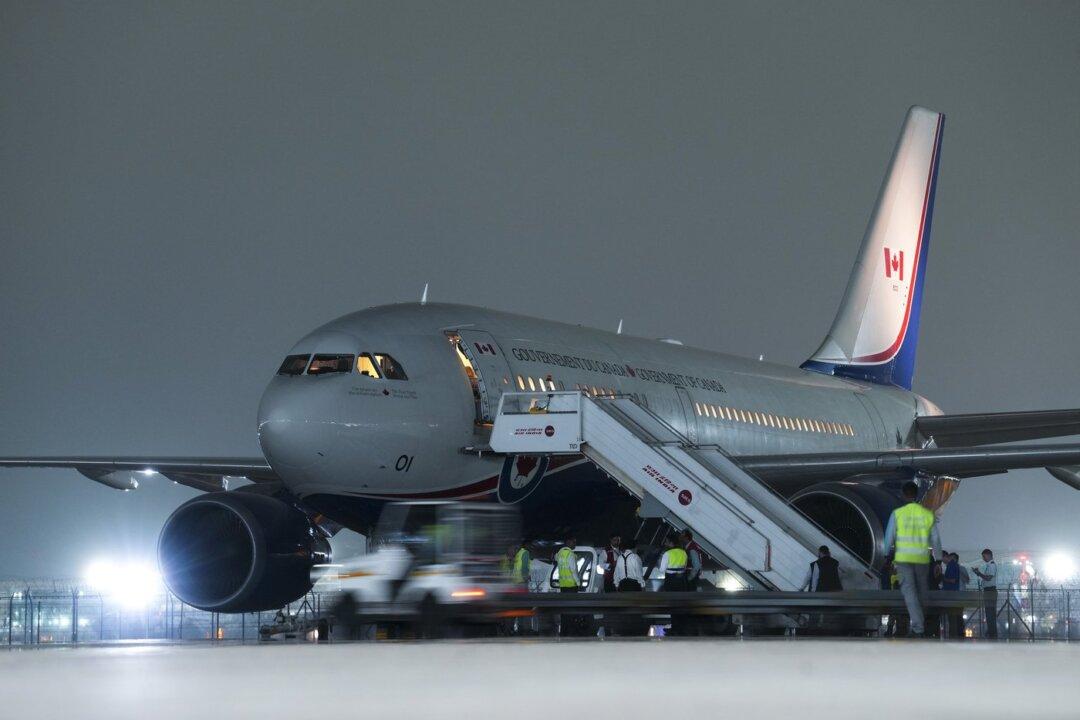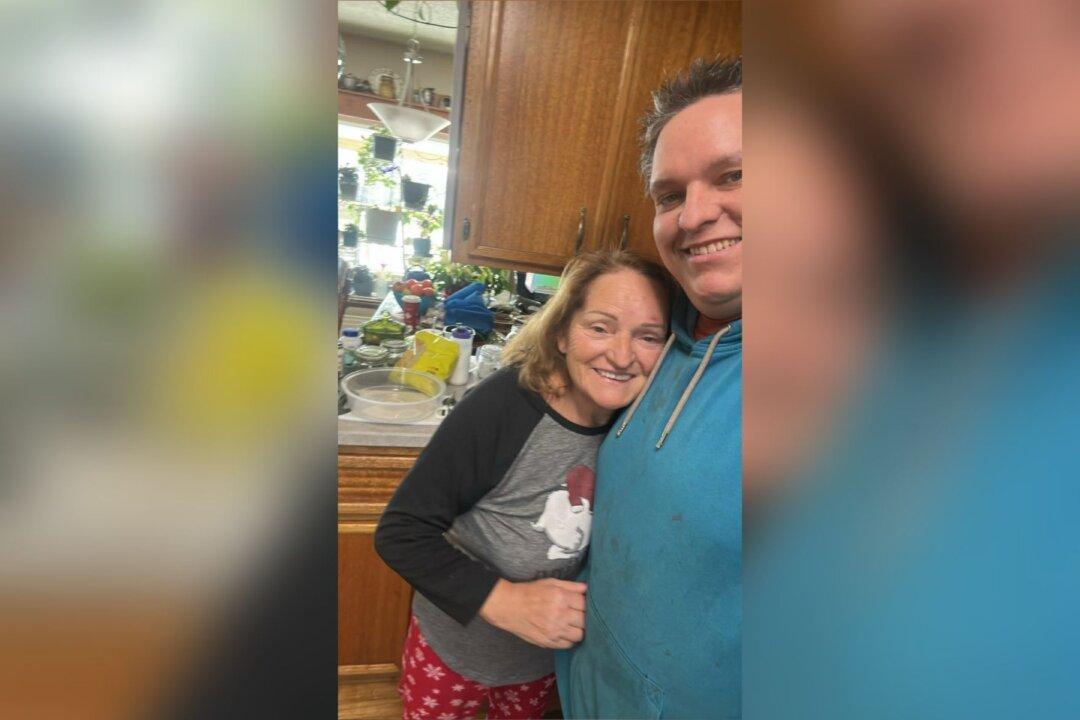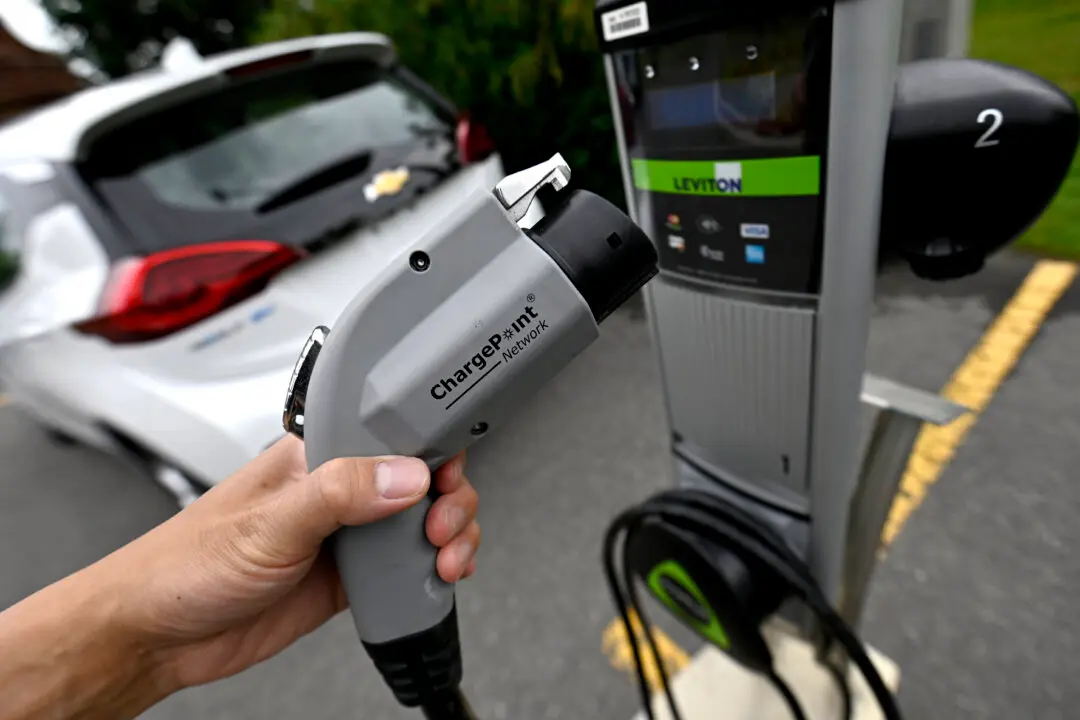The Canadian Armed Forces has sent a plane to pick up Prime Minister Justin Trudeau, who is stranded in India after the plane he took to the G20 leaders’ summit was grounded due to technical issues.
The Prime Minister’s Office said the Canadian delegation is working to leave New Delhi by Tuesday afternoon, local time, at the earliest. Press secretary Mohammad Hussain said the situation remains fluid.





